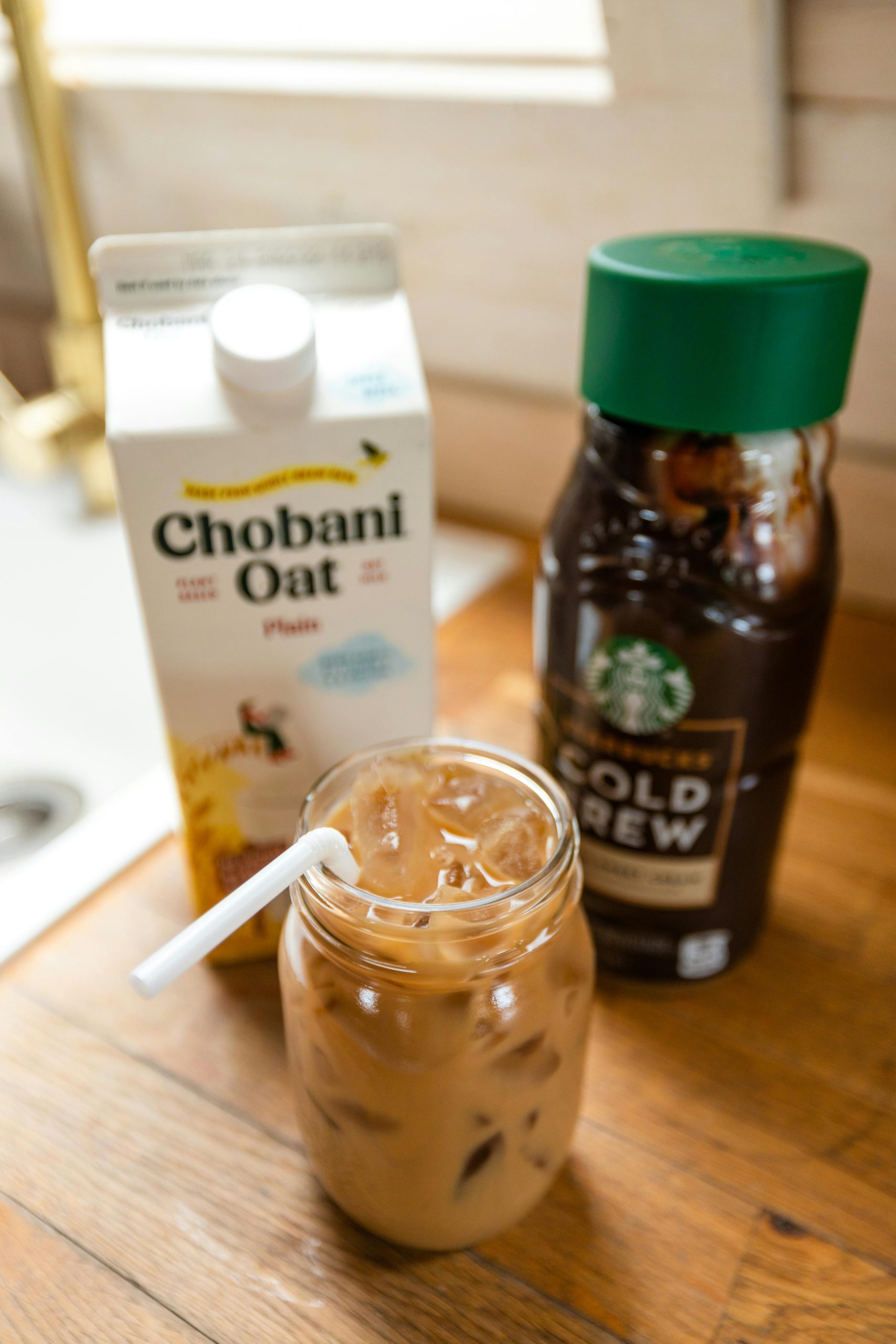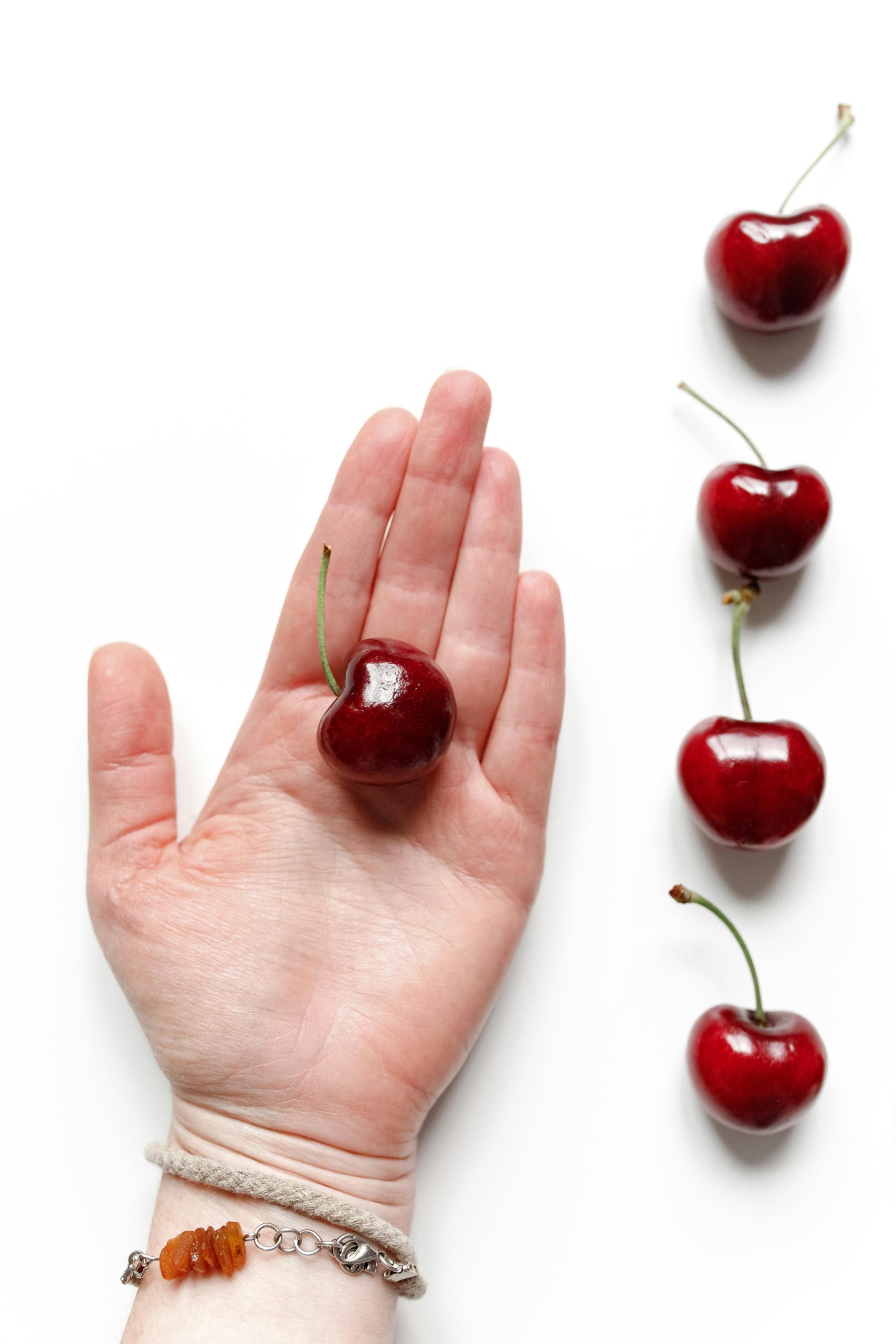The “Non-GMO Project Verified” seal was once one of the most sought-after labels in the natural foods industry. Brands paid significant fees to get the butterfly certification, seeing it as a powerful marketing tool to attract health-conscious consumers. However, a subtle shift has occurred. In recent years, several major brands have quietly stopped using the label or allowed their verification to lapse without making a public announcement, leaving shoppers to notice the change on their own.

1. Kashi
Kashi, a brand owned by Kellogg’s, was one of the early champions of the non-GMO movement. After a consumer backlash years ago revealed that some of its “natural” products contained GMOs, the company made a massive public commitment to achieve Non-GMO Project verification for its entire line. While many of its products still carry the seal, shoppers have noted that some newer products and reformulated classics have launched without the once-prominent butterfly label.
2. Mann Packing
The fresh vegetable company Mann Packing made headlines when it announced it was deliberately removing the “non-GMO” label from its products. The company’s director of corporate marketing stated that they did not want to perpetuate the unfounded fear that GMOs are unsafe. Since there are no genetically modified lettuces on the market, they felt the label was misleading and unnecessary, a bold and transparent move in an industry that often relies on fear-based marketing.
3. Some Ben & Jerry’s Flavors
Ben & Jerry’s was another early adopter of the non-GMO trend, committing to removing all GMO ingredients from its ice cream. While the company still highlights its commitment to non-GMO sourcing on its website, some observers have noted that the official Non-GMO Project seal is less prominent on their packaging than it once was. This subtle shift may reflect a broader change in marketing priorities for the brand.
4. Late July Snacks
Late July, a popular brand of organic snacks owned by Campbell’s, built its reputation on its commitment to organic and non-GMO ingredients. The brand was once a leader in the Non-GMO Project verification space. However, as the organic certification itself already prohibits the use of GMOs, some have questioned the need for a redundant second label, and its prominence has waned.
5. Florida’s Natural
The citrus cooperative Florida’s Natural once featured the Non-GMO Project seal on its orange juice cartons. However, since there are no commercially available genetically modified oranges, many in the industry viewed this as a confusing and unnecessary marketing tactic. The brand has since quietly removed the label from much of its packaging, likely in response to this criticism.
6. Many “Naturally” GMO-Free Products

A wide range of products that are inherently non-GMO, such as salt, water, and certain spices, once sought the Non-GMO Project seal to appeal to consumers. The project itself has since tightened its rules, and many brands have voluntarily removed the label from such products. They recognized that placing a non-GMO label on an item that could never be genetically modified in the first place was a confusing and ultimately meaningless gesture.
7. Various Trader Joe’s Products
Trader Joe’s has a long-standing company policy that all of its private-label products are sourced to avoid GMO ingredients. While the company has never heavily relied on the official Non-GMO Project seal, any use of it on their products has been inconsistent. Their commitment is to their internal standard, not to an external verification, so the presence of the label can vary.
8. Chobani (in the Past)
Years ago, the Greek yogurt giant Chobani was the subject of a public pressure campaign due to its use of milk from cows that were fed GMO grains. The company has since evolved its product lines, introducing organic and other specialty options. However, its history illustrates the complex relationship between animal feed and the non-GMO label that many brands have had to navigate.
The Shifting Landscape of Labels
The quiet removal of the non-GMO label by these brands signals a change in the food industry. Some companies have decided the label is redundant or even misleading, while others may be quietly changing their ingredient sourcing to cut costs. For consumers, it is a powerful reminder that labels can change without warning. The only way to know for sure what is in your food is to read the ingredient list and stay informed about a brand’s current sourcing practices.
Have you noticed any of your favorite brands removing the “Non-GMO” label? Does this label influence your decision to buy a product? Let us know!
Read More
8 Reasons GMOs Are Perfectly Healthy
6 Foods Labeled “Organic” That Wouldn’t Pass European Standards
The post 8 Popular Brands That Quietly Removed Their “Non-GMO” Labels appeared first on Grocery Coupon Guide.







